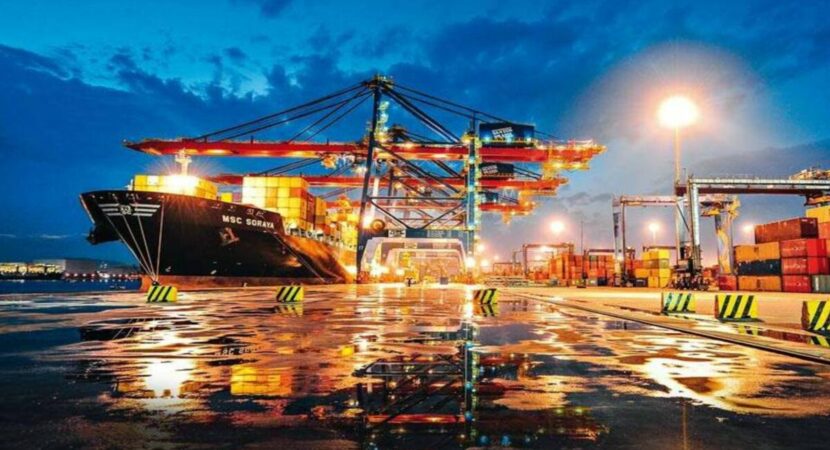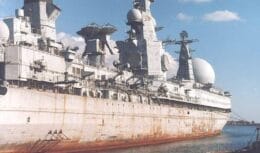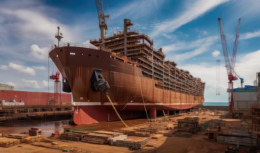
The Ministry of Infrastructure is predicting a reduction of up to 20% in the tariffs charged within the Port of Santos for cargo transport operations after privatization and, with that, expects a greater attraction of enterprises to the place
The projections of the Ministry of Infrastructure regarding the privatization of the Port of Santos for this Friday (29/04), are quite optimistic. And the agency hopes that, after the privatization process, new ventures will be attracted to the site, due to the expected reduction in the tariffs charged for cargo transport operations in the complex, which has established itself as one of the largest in the national port sector.
Port of Santos privatization process should culminate in a reduction of up to 20% in the tariffs charged for cargo transportation and attract new ventures
The Ministry of Infrastructure, in partnership with the National Waterway Transport Agency (Antaq), is increasingly invested in the privatization processes of national port complexes and the next on the list is the Port of Santos. Thus, with the privatization process of the complex, the ministry hopes to attract new ventures with the reduction which is being projected for the rates charged within cargo transport operations.
According to the initial projections of Antaq and the Ministry of Infrastructure, the Port of Santos should receive a reduction of up to 20% in cargo transport tariffs after the end of the privatization process. This is a great opportunity for the complex not only to attract more investors, but also to generate even greater competitiveness within the national port segment, in which projects in the complex will be increasingly sought after due to tax benefits and low tariffs.
Despite this, the Ministry of Infrastructure still needs to materialize these projections with the finalization of privatization, since the current reality is far from reducing tariffs, since a new tariff structure came into force this month, with an average readjustment of 13,2%, authorized by Antaq. This is not very encouraging news for the port sector, but the privatization of the Port of Santos could still attract even greater growth to the complex, if the ministry's projections are in line with what will happen in cargo transport tariffs.
Representatives of the port sector emphasize the need for low tariffs for cargo transport operations for a more attractive production chain for enterprises
One of the main objectives of the Federal Government and the Ministry of Infrastructure with the privatization of the Port of Santos is to attract new investments for the local infrastructure. However, the possibility of even lower tariffs and a new dynamic to attract undertakings aimed at transporting cargo in the port opened the eyes of the bodies so that this is one of the points to be observed within the privatization process.
Thus, the director-president of the National Federation of Port Operators (Fenop), Sérgio Aquino, commented on the relevance of the drop in tariffs for the transport of cargo in the search for undertakings for the port and stated: “Any increase or reduction in tariffs practiced through the Port, always generate repercussions on user costs. This means that they influence up or down the imported goods and the competitiveness of the export product. But it all goes to the price of the products. If the port terminal charges too much, if the shipowner charges high freight, the cargo always pays the bill”.
With that, the Ministry of Infrastructure needs to work alongside the company that will acquire the Port of Santos after privatization to ensure that these projections become reality in the future scenario of the complex.













This version of the Pop Honda accepts Ethanol…
Excellent comment, include "R1tler", "Mon Pin Jin",…
The Brazilian Navy changes and changes…
I’m Brazilian and for me a…
Excellent Education Required
The report posted on this site does not have…
The article is about a mineral found in…
The article is about a mineral found in…